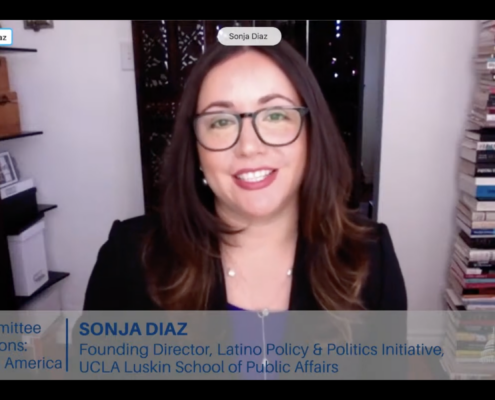
UCLA LPPI’s Voting Rights Project Helps Shape New Federal Voting Rights Legislation
Faculty and researchers from UCLA’s Latino Politics and Policy…
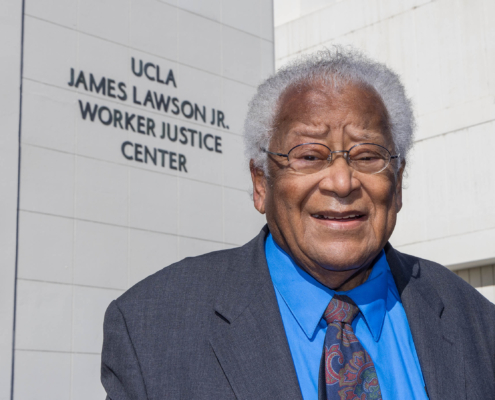
UCLA Labor Center Building Named in Honor of Iconic Civil Rights Leader Rev. James Lawson Jr.
For a building dedicated to ensuring fair treatment and opportunities…
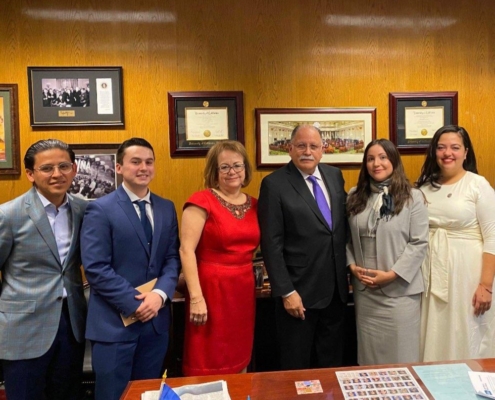
UCLA LPPI Helps Pass Ethnic Studies, Medical Fellowships Bills in California
By: Alise Brillault December 16, 2021 UCLA Latino Policy…
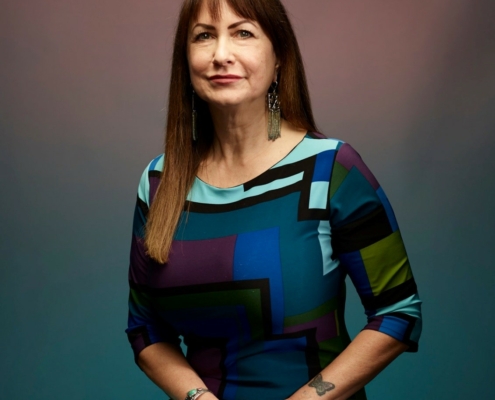
Dr. Shannon Speed Receives President’s Award from American Anthropological Association
Dr. Shannon Speed, citizen of the Chickasaw Nation of Oklahoma…
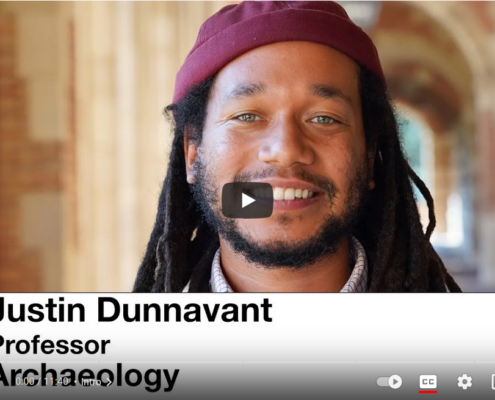
Helping Communities Discover their Truths with Archaeologist Dr. Justin Dunnavant (VIDEO)
LA Social Science interviewed Dr. Justin Dunnavant, Assistant…

CA Policy Lab Releases Report on Homelessness Focused on Anti-Black Racial Inequities in Los Angeles
The UCLA California Policy Lab (CPL) recently released a new…

UCLA Professor Safiya Umoja Noble Awarded MacArthur Fellowship
Dr. Safiya Umoja Noble, Associate Professor of Gender Studies…
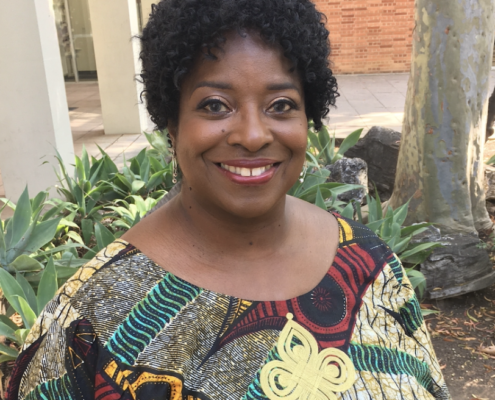
Dr. Cheryl Keyes Contributes to the Smithsonian Anthology of Hip-Hop and Rap Released Today
The Smithsonian’s National Museum of African American History…
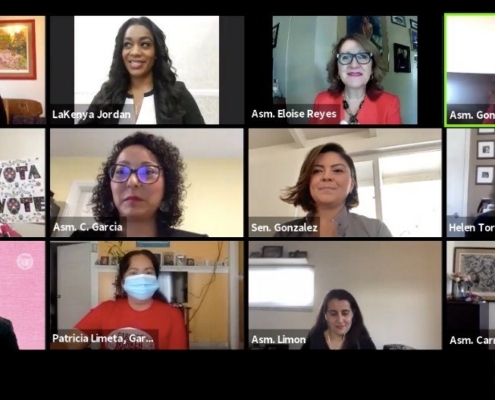
Latinas in California Remain Invisible in Policymaking: UCLA Alumni and Researchers are Looking to Change That
The UCLA Latino Policy and Politics Initiative has supported…

LA Social Science Rising Scholars Series on Gentrification in Los Angeles with Dr. Alfredo Huante
Dr. Alfredo Huante is an interdisciplinary social scientist…

